This year, the Global Fund partnership continued to deliver on its promise to end the world’s deadliest diseases.
We look back at 2024 with a collection of powerful people and stories about harnessing the power of new tools, innovation and building strong health systems that can accelerate the fight against HIV, TB and malaria and help us prepare for future health threats.
January – Community Health Worker Júlia Uses a Mobile Application to Protect Her Community
At the beginning of the year we met Júlia, a community health worker in Mozambique. Júlia uses upSCALE, a mobile application on her smartphone that has transformed how she conducts home visits – she can easily record and access patient data at the touch of a button and share that data with health authorities across Mozambique to strengthen the country’s health systems. The application has also proven critical in responding to urgent health needs in the wake of natural disasters such as cyclones and flooding.
Every year, the Global Fund invests more than US$150 million to support digital health tools like upSCALE.
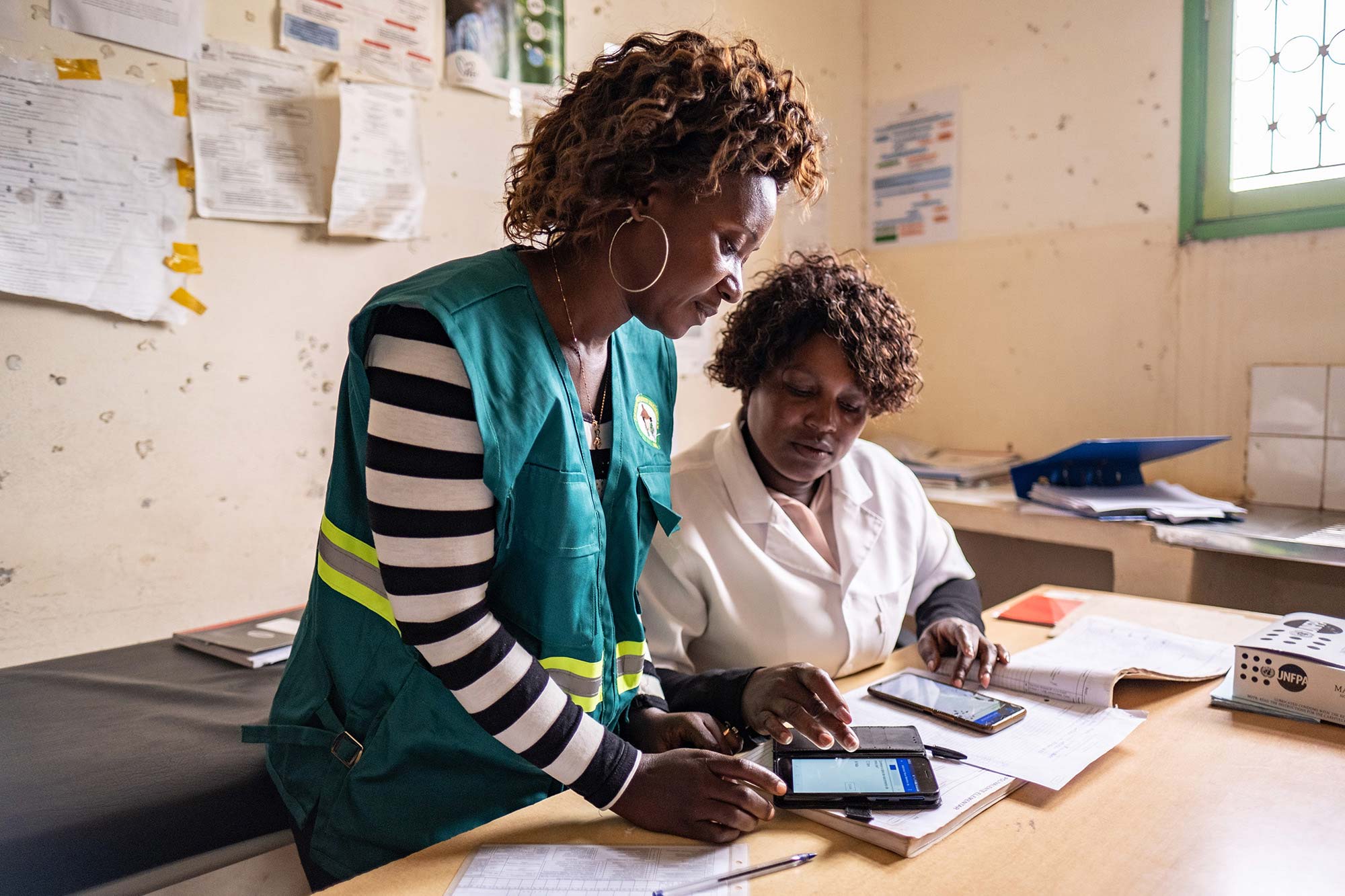
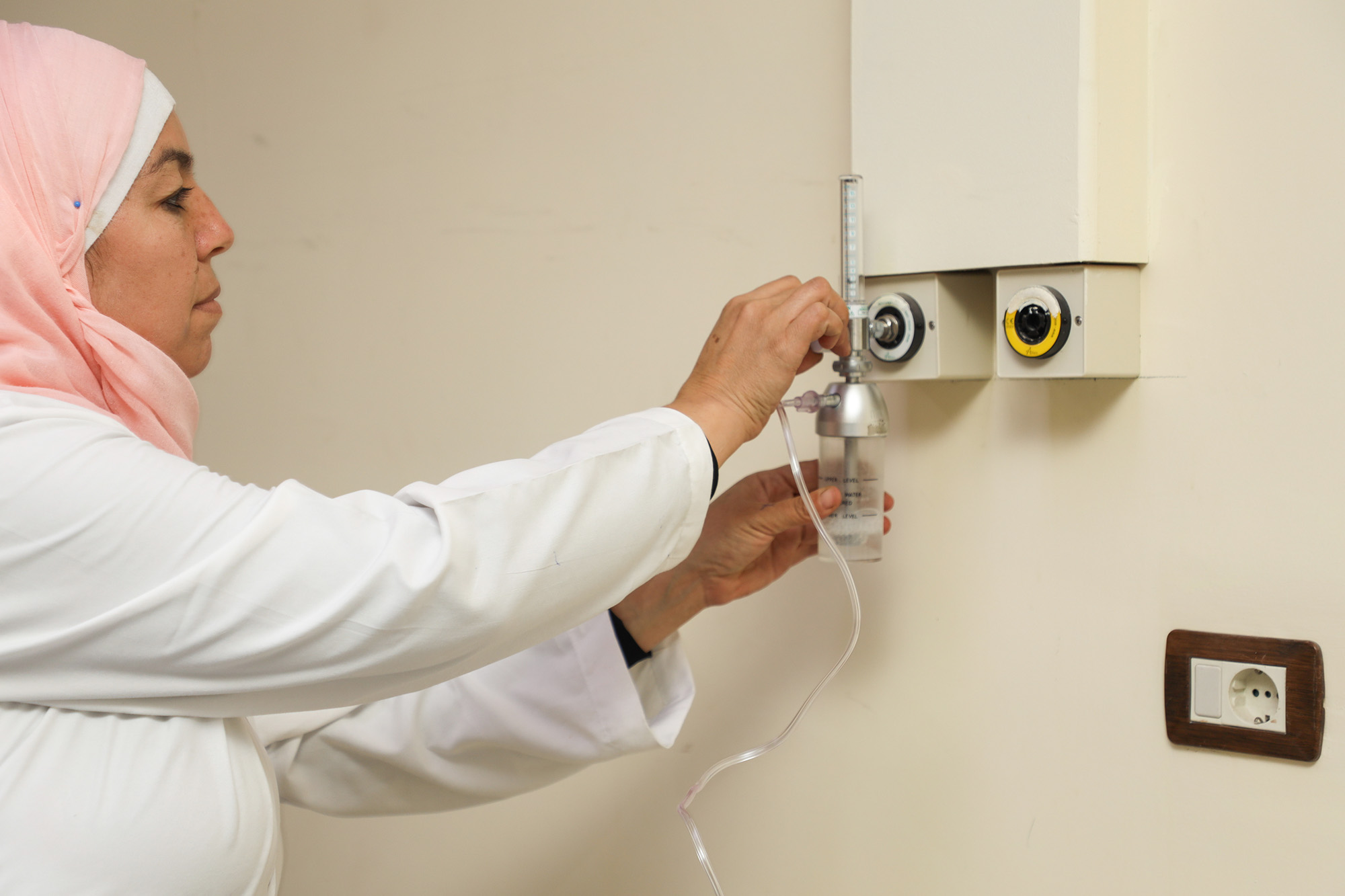
February – Strengthening Health Systems in Syria Through a Steady Supply of Oxygen
During the Syrian conflict, large parts of the ancient city of Homs were destroyed – including the city’s main hospital. But earlier this year we learned the hospital was being rebuilt and met some of its heroic health workers and patients. They shared stories about using medical oxygen supplied by a newly installed pressure swing adsorption plant: an oxygen generator procured by the Global Fund, the International Organization for Migration and the World Health Organization, with technical assistance from the Global Fund’s Project BOXER. Access to oxygen is at the root of resilient, responsive and equitable healthcare systems.
March – In Pakistan, Chest Camps Use New Tools to Bring TB Services to Remote Communities
To mark World Tuberculosis Day, we visited a chest camp in Pakistan: a mobile health facility that brings TB and health care services to people living in some of the most remote regions of the country. Chest camps use digital X-rays and GeneXpert machines to screen for and diagnose TB. Health officials work with Global Fund partners, including Mercy Corps, to organize the camps and use artificial intelligence (AI) to help identify the places where chest camps can have the greatest impact. New tools and technologies, including AI, have the potential to supercharge the fight against TB.
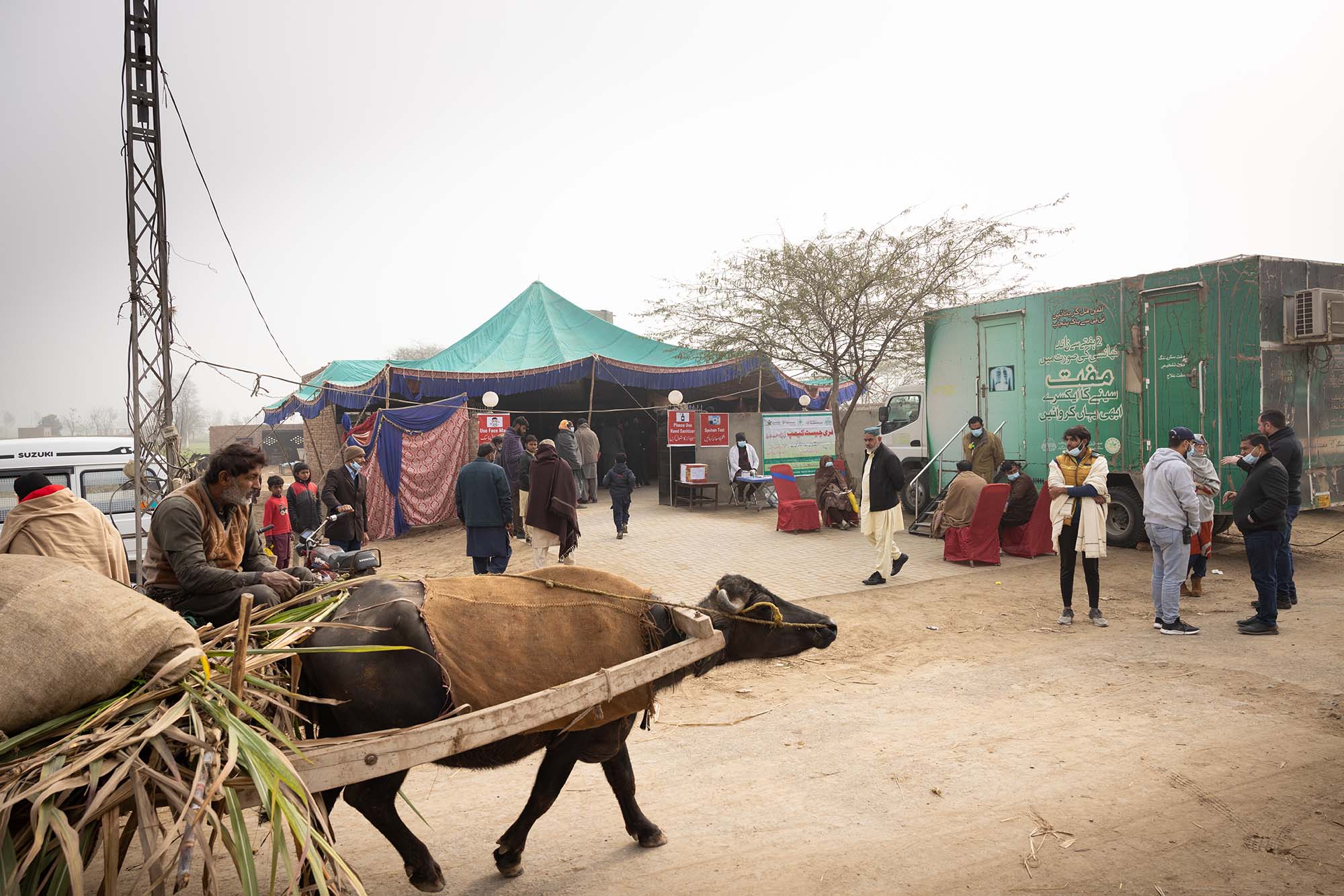
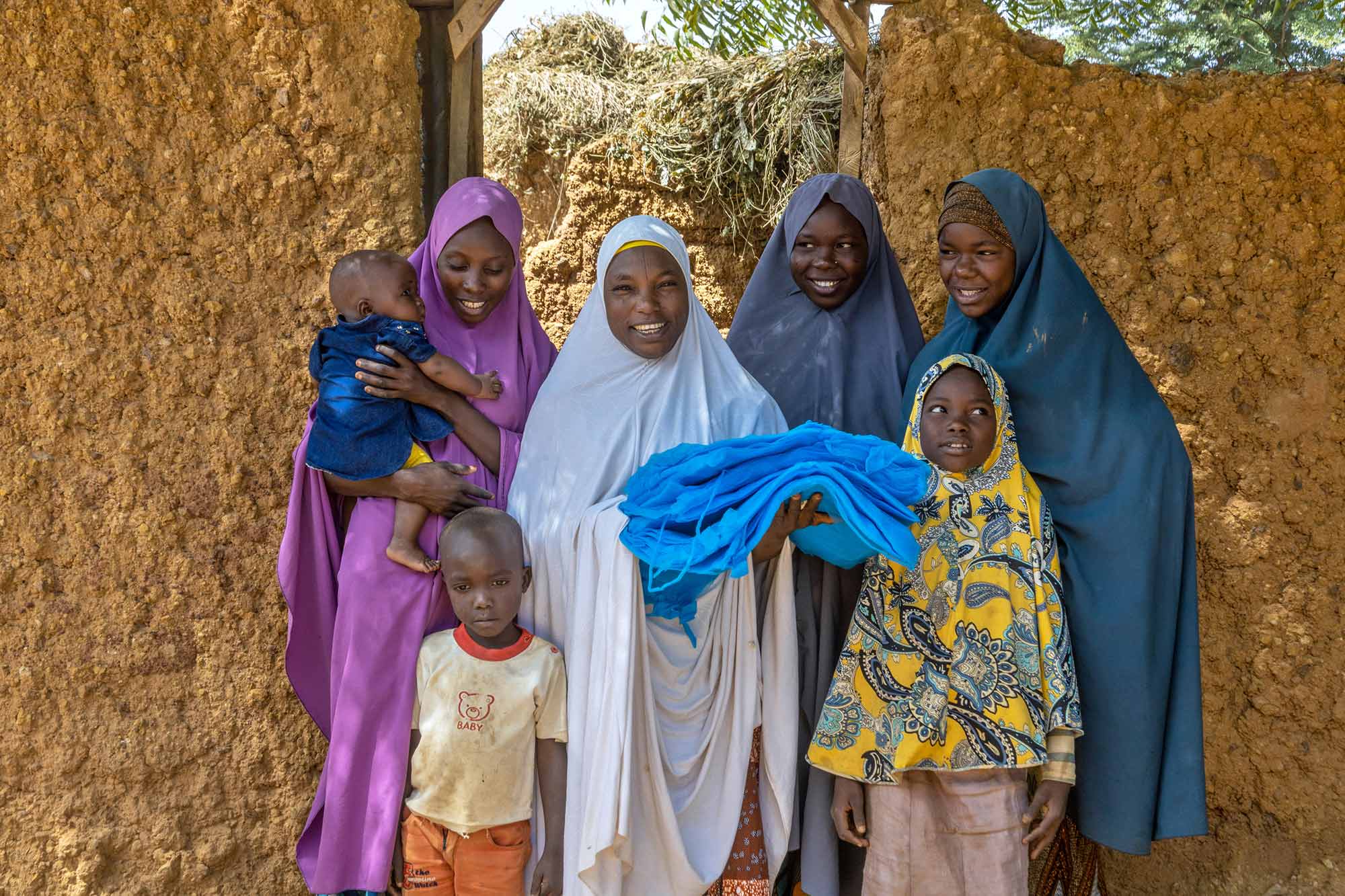
April – Coming Together to End Malaria
Malaria is a rapidly evolving health threat that kills one child every minute. Climate change and insecticide resistance pose new threats for people most at risk and new challenges for those fighting the disease.
On World Malaria Day, we called on the world to come together to fight malaria by prioritizing communities most at risk and combining new and proven tools to maximize protection for everyone, including dual active ingredient insecticide-treated mosquito nets, prevention medication for pregnant women and children, vaccines, community-based testing and treatment and strong health systems.
May – Health for All Starts with Strong Health and Community Systems
Strong, resilient health and community systems form the foundation of the fight against HIV, TB and malaria – and fortify countries so they can beat back diseases and prepare for future health threats.
Every year, the Global Fund invests over US$2 billion in more than 110 countries to do this vital work alongside countries and communities. This includes investing in medical oxygen, high tech laboratories and diagnostics, disease surveillance systems, strong supply chains and community health workers.
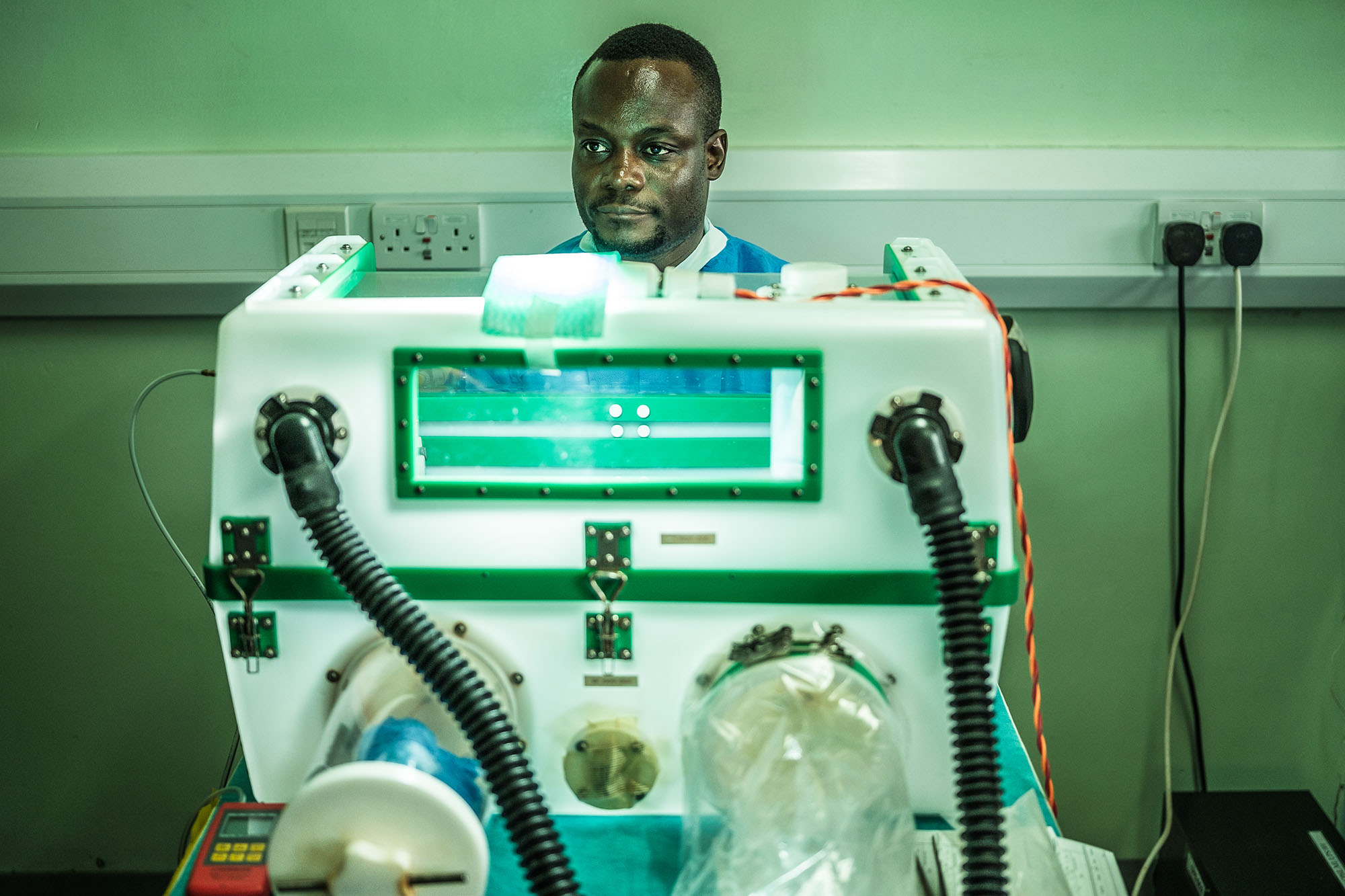
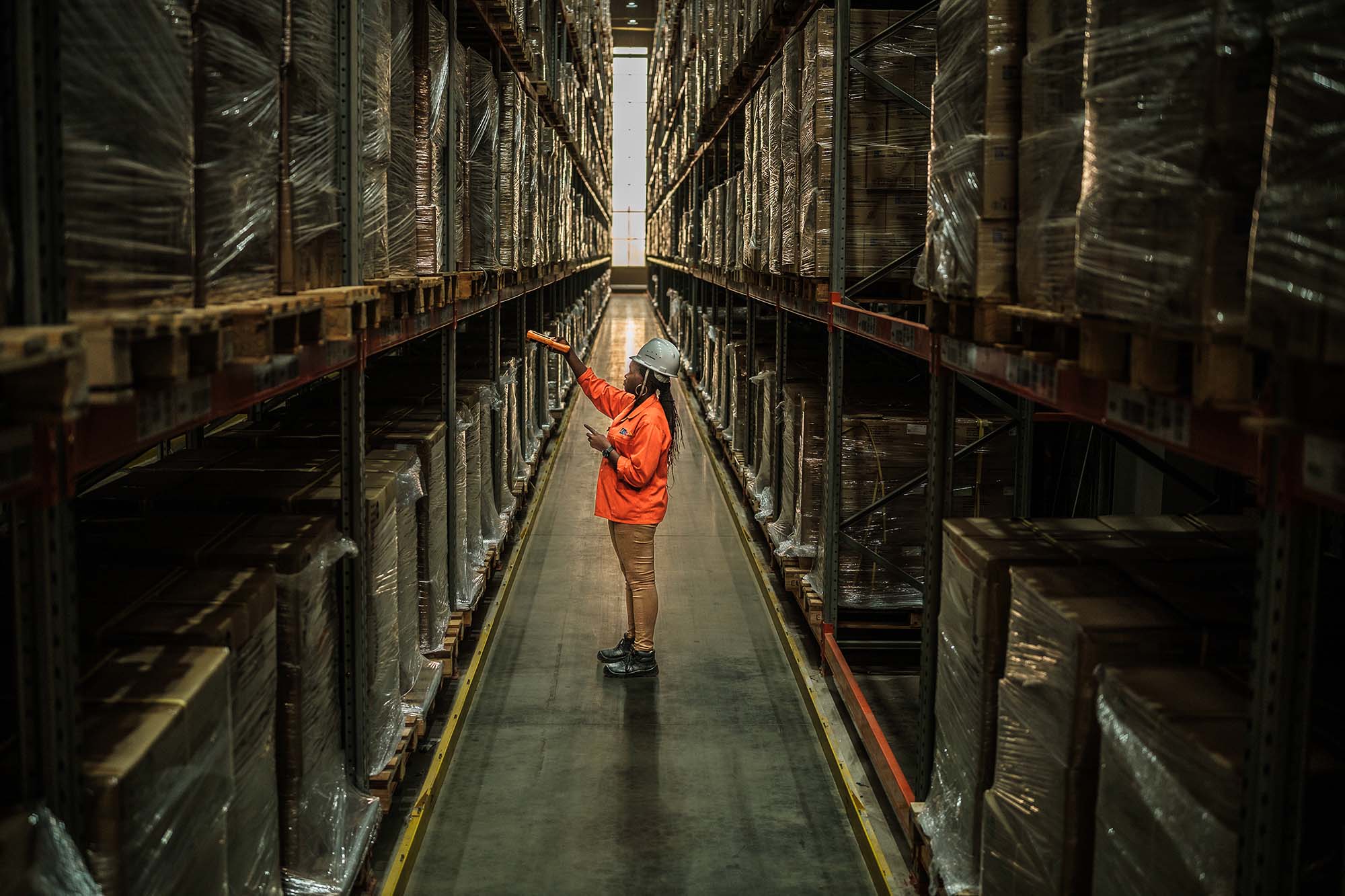
June – Building a “Future-Proof” Supply Chain in Uganda
Uganda’s National Medical Stores facility in Entebbe is the beating heart of the country’s cold chain system, holding and distributing essential health commodities including medicines, diagnostics and 14 types of vaccines to more than 3,500 health facilities across the country.
This year, we saw how the Global Fund works closely with Uganda’s Ministry of Health, Gavi and other partners to strengthen the country’s cold chain – applying decades of expertise building systems to deliver HIV, TB and malaria medicines across countries and continents.
July – Working with CIFF to Propel the PrEP Revolution and Accelerate the Fight Against HIV
At AIDS 2024, we announced a new initiative in partnership with the Children’s Investment Fund Foundation (CIFF) to provide up to US$2 million to purchase approximately 150,000 dapivirine vaginal rings – a long-acting HIV pre-exposure prophylaxis (PrEP) option for women. The dapivirine ring is an important tool because it gives women and girls a discreet option to protect themselves that is entirely within their control. The partnership also aims to lower prices and encourage local manufacturing.
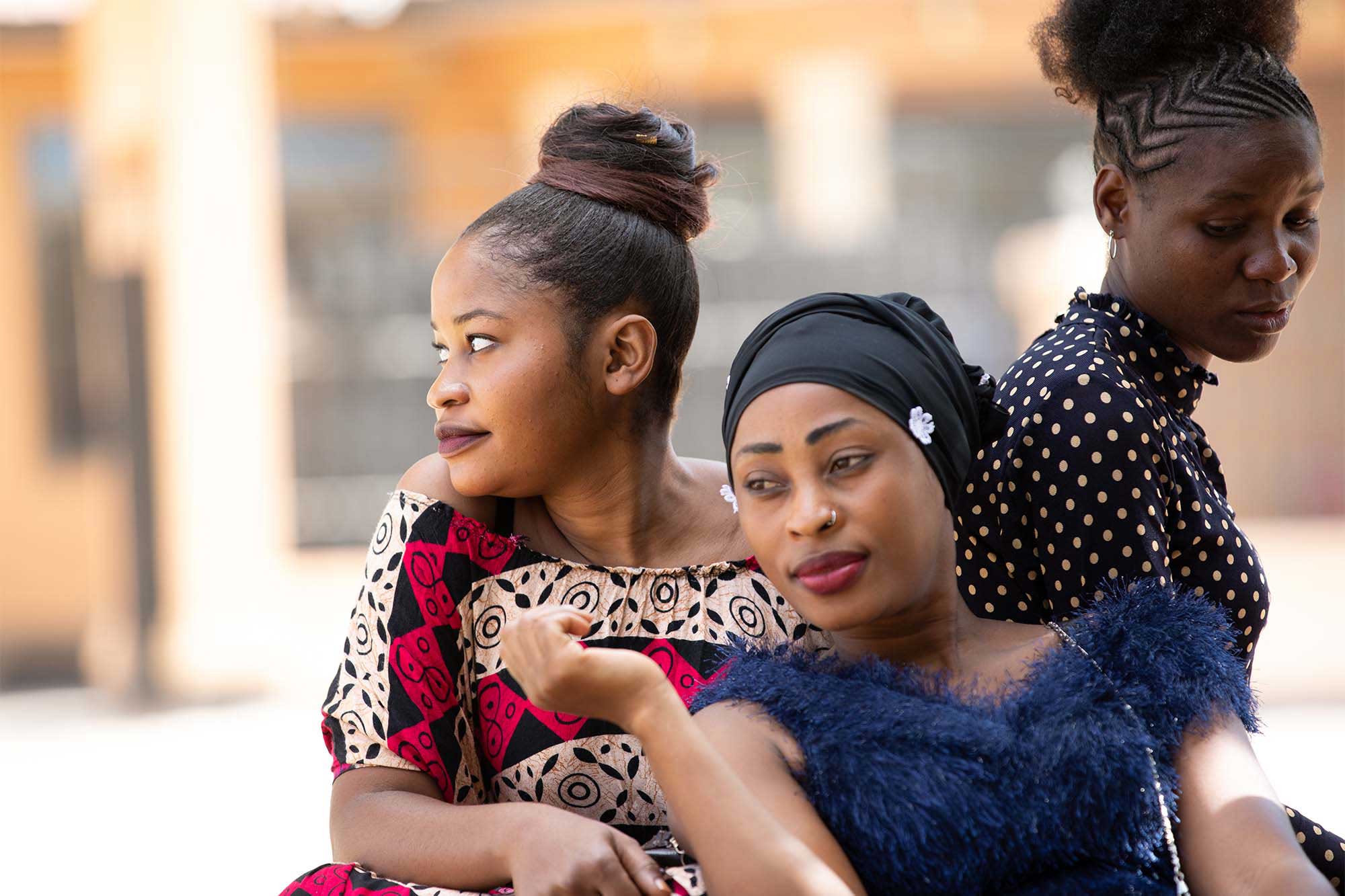
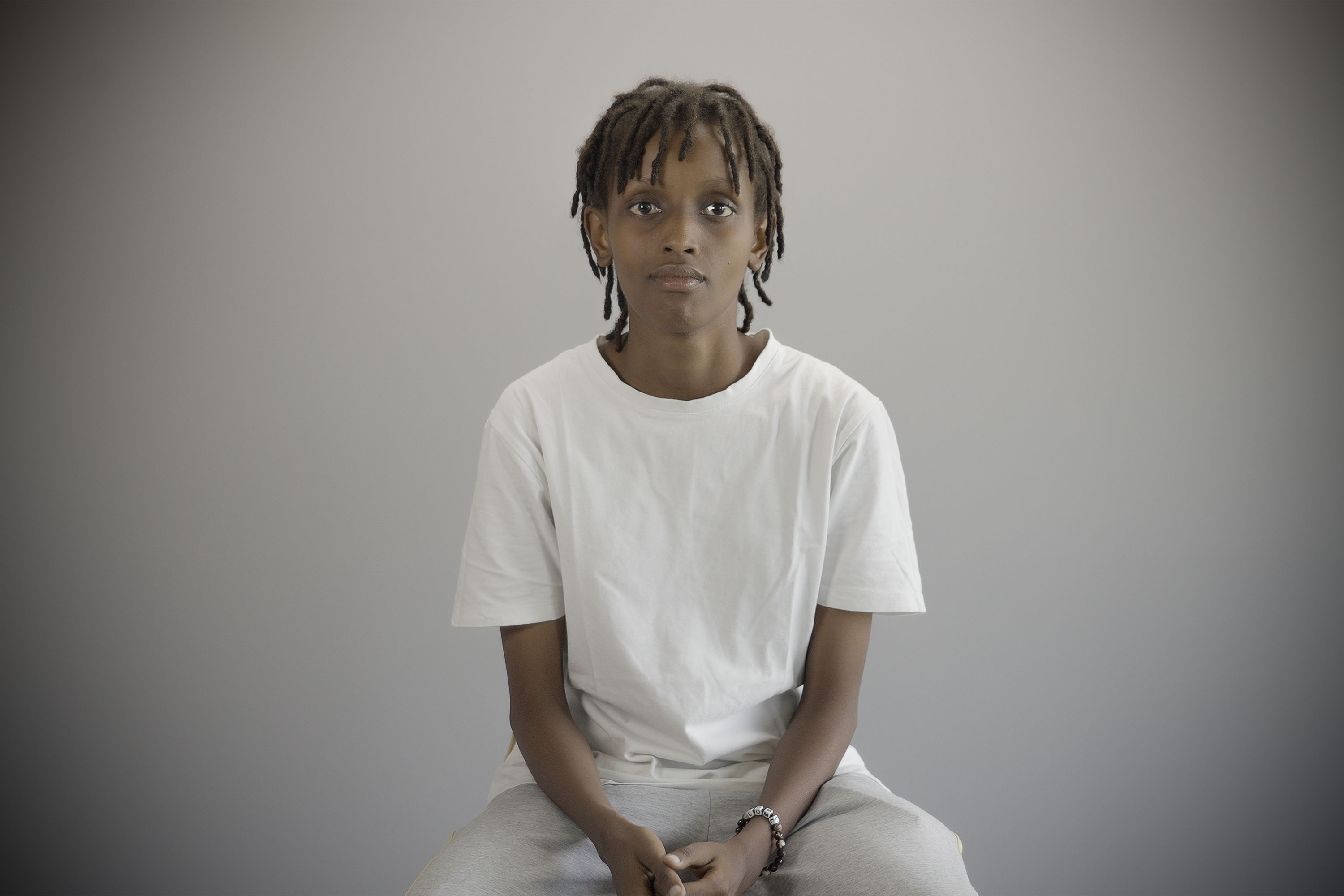
August – “Our Lives Matter:” HIV Advocate Amanda Martty Dushime
To mark International Youth Day, peer educator and Global Fund Youth Council member Amanda Martty Dushime urged government leaders and private sector partners to work alongside communities, health care providers and young people themselves to protect future generations against AIDS.
“Every five minutes a child dies of an AIDS-related illness somewhere in the world,” she says. “We, the children, teenagers and young people living with HIV, must contend with stigmatization, discrimination and face enormous challenges with accessing health care. This is unacceptable.”
September – The Global Fund Partnership Has Saved 65 million lives
This year’s Results Report showed that since 2002, our partnership has cut the combined death rate from AIDS, TB and malaria by 61%. In 2023, we put more people on antiretroviral treatment for HIV than ever before, we found and put more people on treatment for TB than ever before, and we distributed a record number of mosquito nets to prevent malaria.
But the story is not finished. HIV, TB and malaria remain formidable adversaries – but the Global Fund partnership stands strong – ready to fight harder and help build a future free from AIDS, TB and malaria.
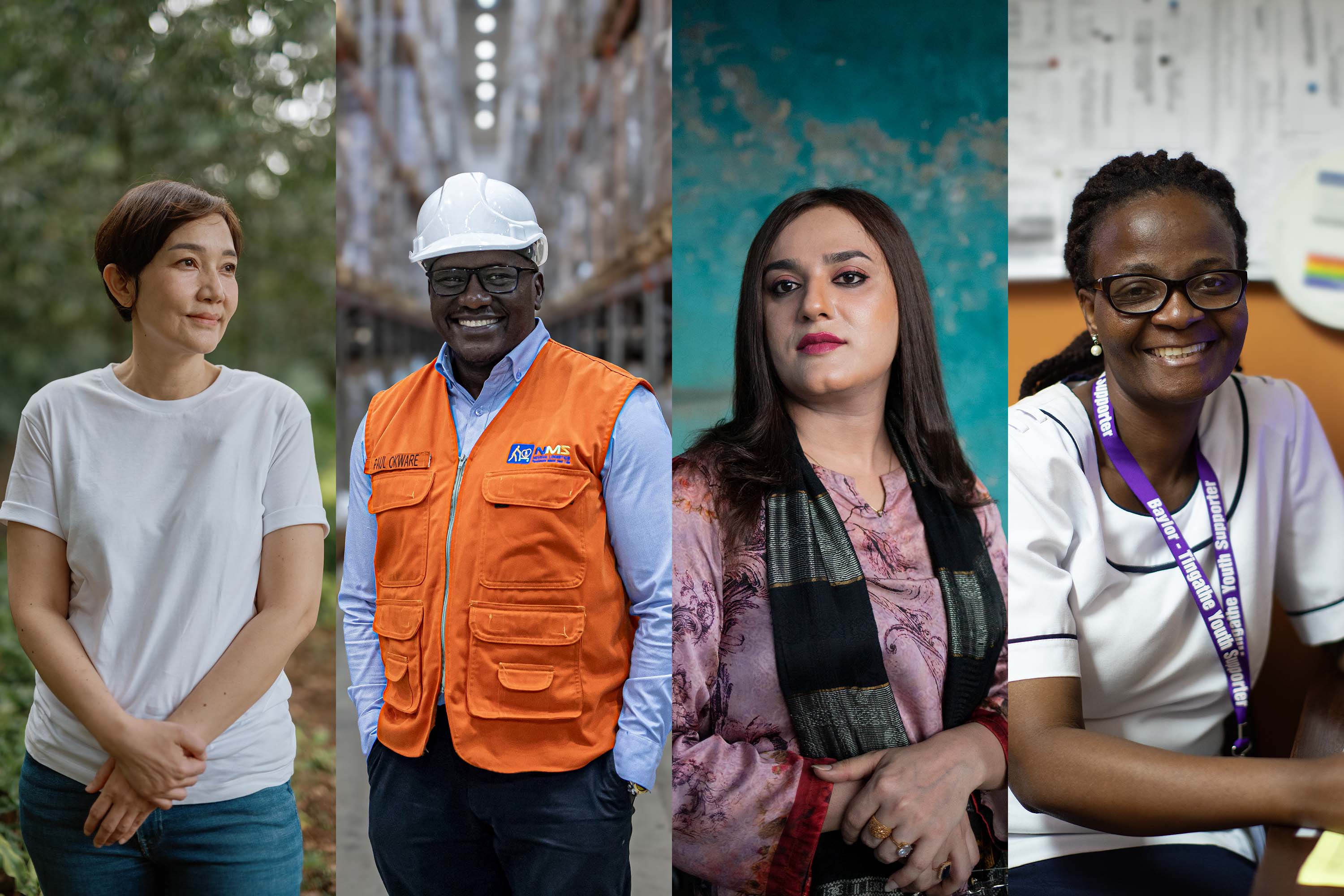
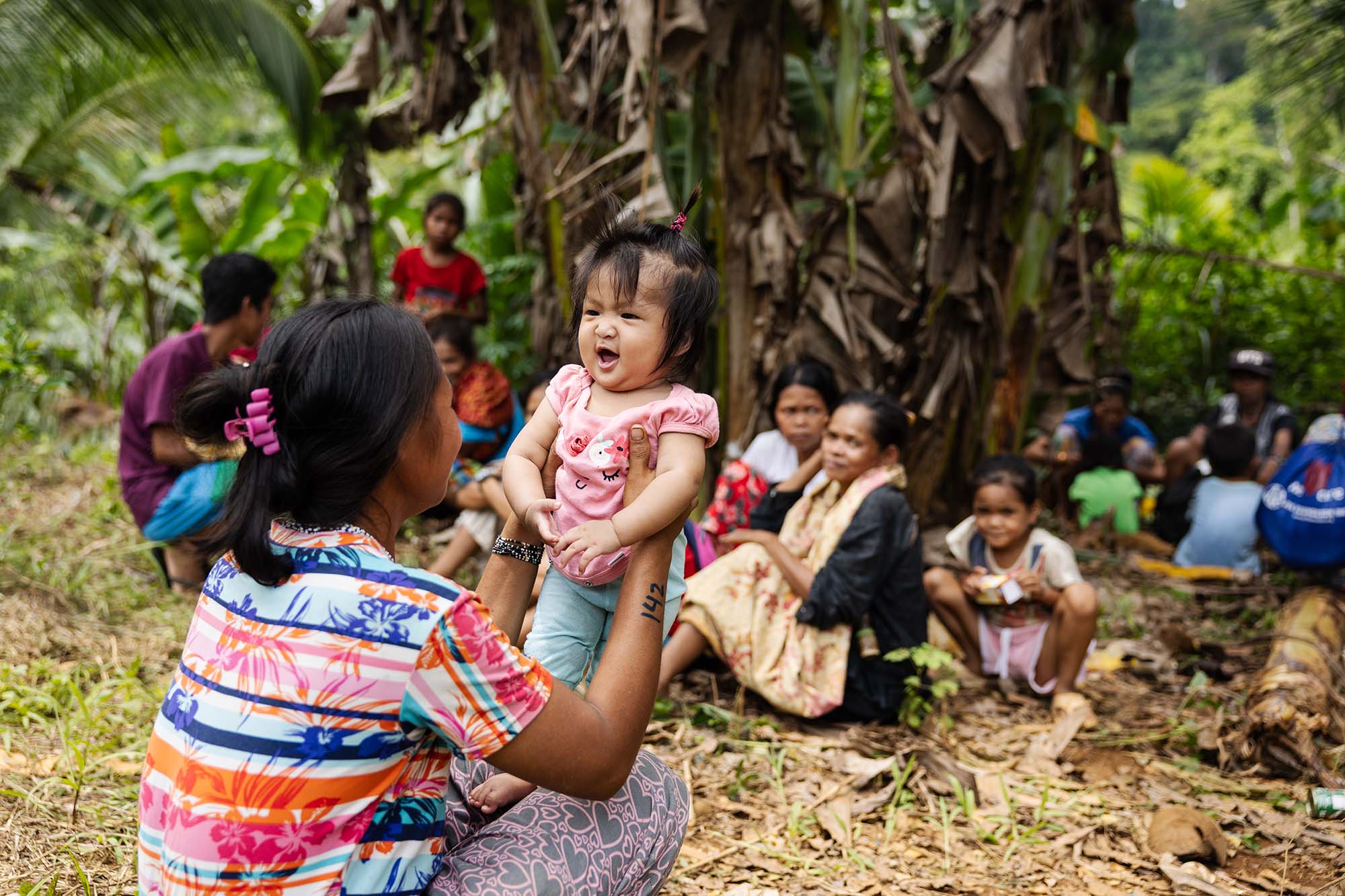
October – In the Philippines, Climate Change Threatens Major Progress Towards Eliminating Malaria
At the end of this year, we learned that two decades of partnership and investment has brought the Philippines to the brink of malaria elimination.
In 2002, the country recorded approximately 38,000 malaria cases and 122 deaths. Today, 72 of the Philippines’ 82 provinces are malaria-free. Nine provinces have declared zero indigenous cases and only one province has active transmission of the disease, resulting in just over 6,000 cases in all of 2023.
But climate change is threatening to reverse this progress. Now, with Global Fund support, the government of the Philippines is investing in health systems that can withstand and counter the impacts of extreme weather to protect these important gains.
November – Equipped with Cutting-Edge Tools, Heroic Health Workers Lead the Charge Against TB in Iraq
People in Iraq have lived through decades of several deadly conflicts and the impact has been catastrophic for health. Iraq is home to one of the region’s highest TB burdens. Despite many challenges, the Global Fund is working with Iraq’s National TB Program and the International Organization for Migration to harness the latest tools and innovations to fight the disease.
This includes building a network of diagnostic facilities equipped with GeneXpert machines, building a centralized digital health information database called DHIS2, and equipping outreach teams with mobile X-ray machines to rapidly screen people for TB.
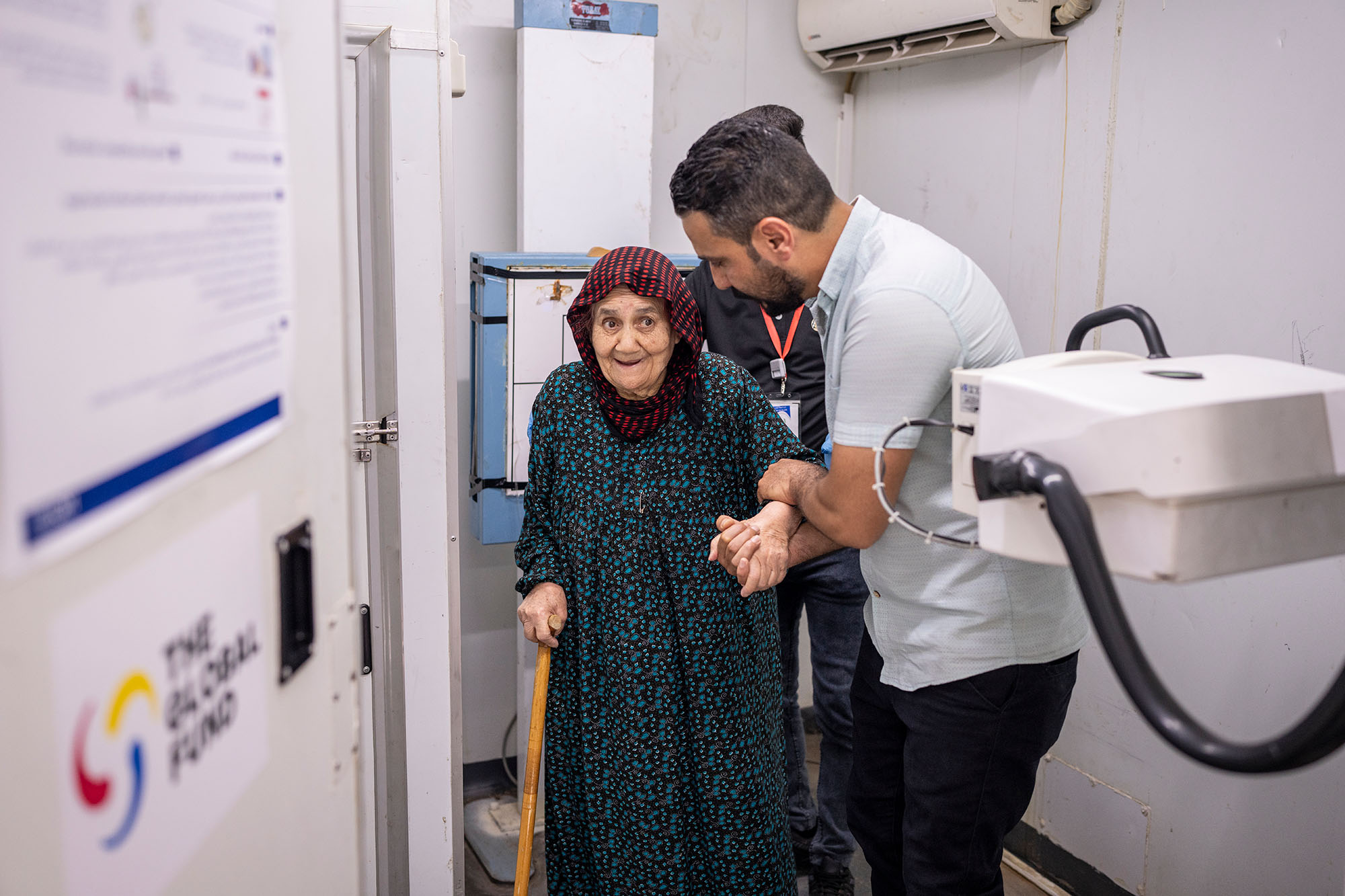
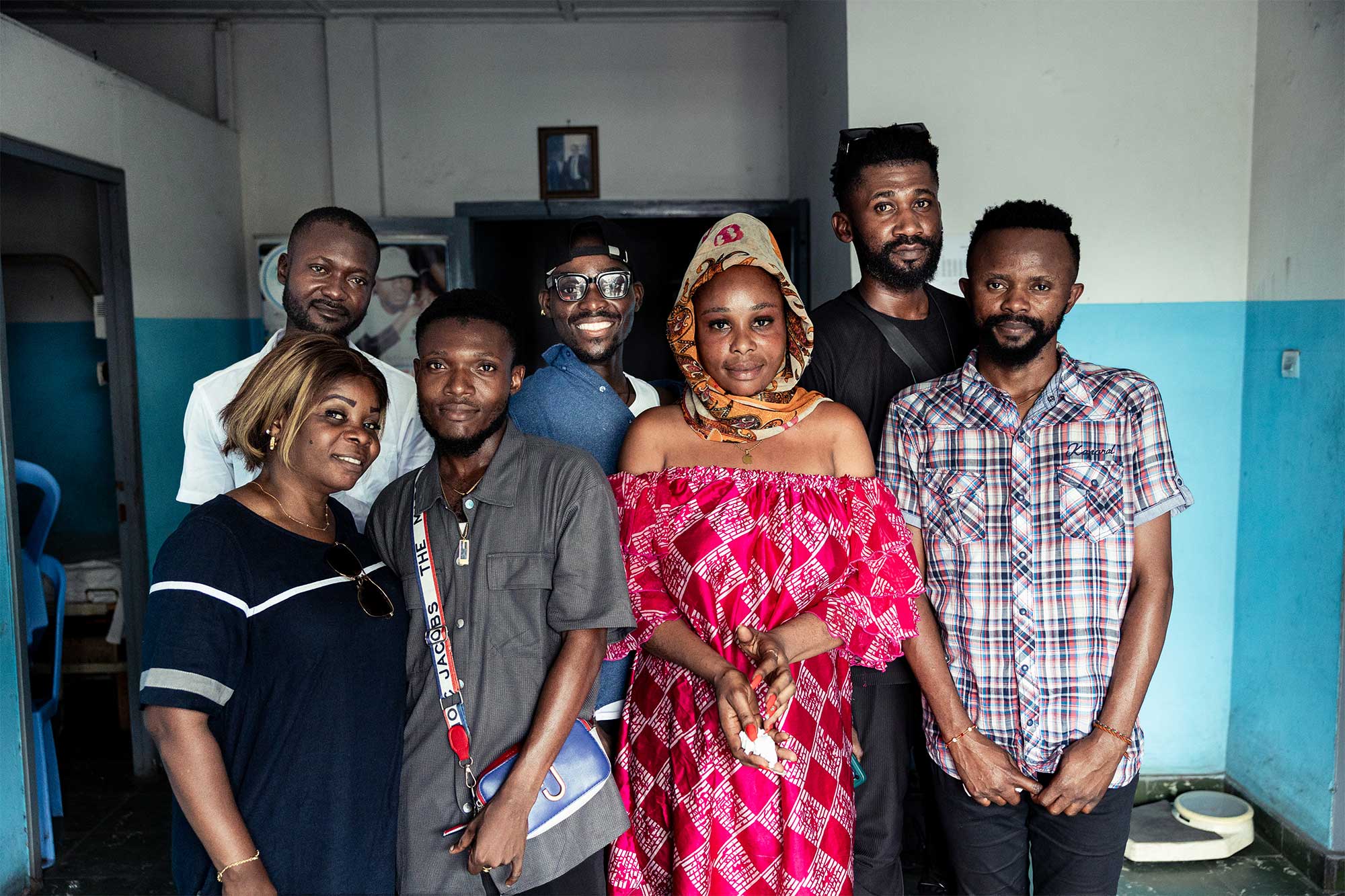
December – Breaking Down Barriers to Health in the Democratic Republic of the Congo
This Human Rights Day, we met Bell, a paralegal from Centre Convivial, a drop-in center in Kinshasa, the capital city of the Democratic Republic of the Congo. The center is a safe space for people who are disproportionately affected by HIV, but too often face stigma and discrimination that prevent them from accessing care. This includes sex workers and people from the LGBTQI+ community. Bell works tirelessly to educate sex workers on their rights and connect them to health care, psychosocial support and legal services.
The work at the center is supported by the Global Fund’s Breaking Down Barriers initiative, which has invested over US$200 million across 24 countries to confront obstacles posed by laws, policies and practices limiting people's access to health services.








